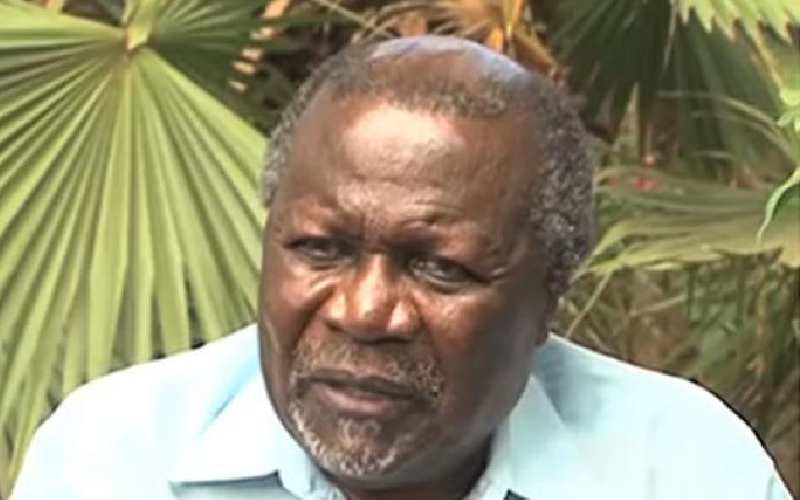×
The Standard e-Paper
Join Thousands Daily

Former Jaramogi Oginga Odinga's personal physician Dr Odhiambo Olel.
The late Odhiambo Olel lived at the intersection of medicine, human rights and democratic activism. Two memorial services and his burial next week offer the nation a precious moment to reflect on his distinguished career and courage.